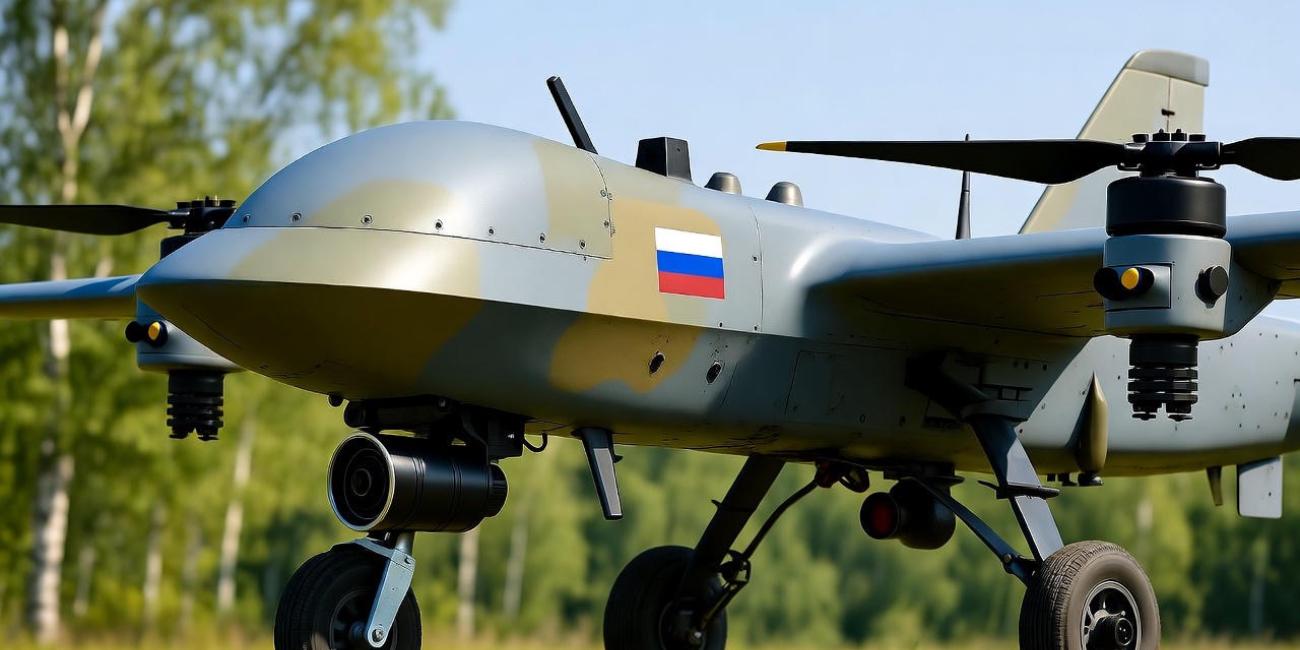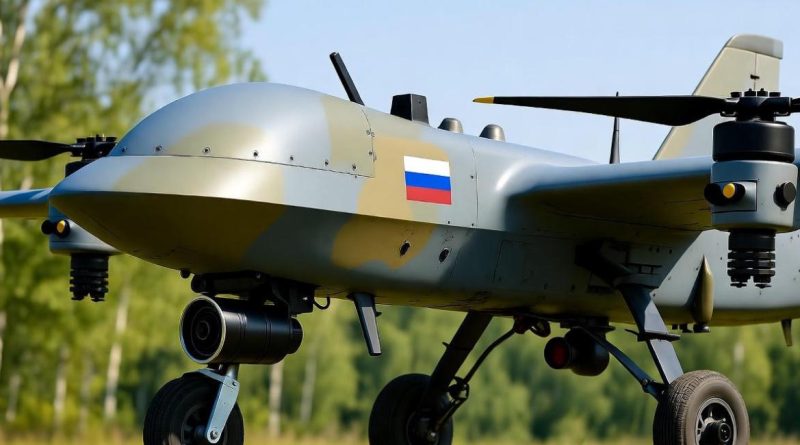How African Women Got Trapped In Russia’s Drone Factories After Fake Job Promises – Report

Some African women who were taken to Russia for training have been stranded there due to the ongoing war with Ukraine.
The victims told BBC that they went to Russia with hopes of jobs which ended up as false. On her first day of work, 23-year-old woman, Adau realised she had made a terrible mistake.
“We got our uniforms, not even knowing exactly what we were going to do. From the first day of work we were taken to the drones factory. We stepped in and we saw drones everywhere and people working. Then they took us to our different work stations,” she recounted.
Adau, originally from South Sudan, said she was lured to the Alabuga Special Economic Zone in the Republic of Tatarstan, Russia, last year under the promise of a full-time job and professional training.
She had applied through the Alabuga Start programme, a recruitment scheme said to target young women aged 18 to 22, mainly from Africa, Latin America, and South-East Asia.
By some estimates, more than 1000 women have been recruited from across Africa to work in Alabuga’s weapons factories.
In August the South African government launched an investigation and warned its citizens not to sign up.
The programme advertised training opportunities in logistics, catering, and hospitality.
However, the initiative has come under global scrutiny following allegations of deceptive recruitment and exploitative working conditions. It has also been accused of placing women in dangerous roles connected to weapons production — claims the organisers deny.
“They asked me to fill out a form with my name, age and why I wanted to join Alabuga. And then they also asked me to pick three fields I wanted to work in,” she said.
Adau said she chose to train as a tower-crane operator, inspired by her interest in technology. “I wanted to work in fields that are not normally done by women. It is very hard for a woman to come across fields like tower-crane operation, especially within my country.”
She arrived in Russia in March last year after a year-long visa process.
“When I first got there it was very cold, I hated it. We travelled towards the end of winter. The second we stepped out of the airport, it was freezing cold,” she recalled.
Her first impression of Alabuga was positive. “I was very impressed. It was everything that I thought it was [going to be]. I saw a lot of factories, cars and agricultural companies.”
But after three months of language classes, she and others were taken to work in the drone factory — not in the roles they had been promised.
“We all had a lot of questions. We had all signed up to work in technical fields – production operation, logistics, tower-crane operator – but we all ended up working in the drone factory.”
The management denied the allegations, saying: “All the fields in which our participants work are listed on our website.”
When Adau attempted to resign, she said she was told to serve a two-week notice period and was made to continue working. During that time, she handled chemicals that caused burns on her skin.
“When I got home I checked my skin and it was peeling. We wore protective gear, white cloth overalls, but the chemicals would still pass through them. They would make the fabric stiff.”
The company maintains that “all staff are provided with the necessary protective” gear.
Shortly after her arrival, on April 2, 2024, the Alabuga Special Economic Zone was hit by a Ukrainian drone strike.
“That day I woke up to our fire alarm, but this one was unusual. The windows on the upper floor of our hostel were shattered, and some of the girls had woken up to an explosion. So we went outside,” she said.
“I see some people pointing up, so I look up to the sky, and I see a drone coming through the sky. That’s when I started running as well. I ran so fast I left the people who ran before me behind.”
Adau believes the recruitment of young Africans was linked to the war and global sanctions.
“There is a lot of fake news when it comes to Russia, trying to make Russia look bad. The Special Economic Zone used to have people working there from Europe and America, but they all left after the Ukraine-Russia war because of the sanctions on Russia. So when Russia started looking for Africans to work there, it felt like they were just trying to fill up the spots the Europeans left.”
After submitting her resignation, her family paid for her return ticket. But she said many others remain stranded, unable to afford flights home because their salaries were far below what was promised.
Adau said she was supposed to earn $600 (₦900,000) monthly but received less than $100 after deductions.
“They deducted money for our rent, for our Russian classes, for the Wi-Fi, for our transport to work, for taxes. And then they also said that if we skipped a day of work, they’d deduct $50. If we set off the fire alarm whilst cooking, they’d deduct $60. If we didn’t hand in our Russian language homework, or if we skipped class, they’d deduct from your salary.”
The South African government has since launched an investigation into the programme after reports that hundreds of young women from across Africa had been recruited to work in Alabuga’s drone factories.
